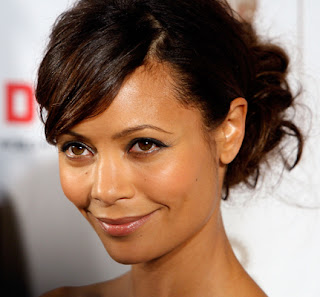As the 21st century moves quickly into its second decade, the question of "how far have we really come??" is still asked. Its only been been 50 years since the end of enslavement (yes, the emancipation proclamation was given in 1865, but Blacks did not have a true sense of freedom until the Civil Rights' Act of 1964 and the Voting Rights Act of 1965), so the answer is not too far...we still have a long way to go before equality will truly come to fruition. With the exception of films produced by Black producers and directors, like their forebears, Black actresses are still not able to transcend racial barriers, and still not being given leading roles in major Hollywood films. Few actresses have crossed over into mainstream Hollywood, and even fewer have had constant leading roles. Ladies such as Halle Berry, Gabrielle Union, and Queen Latifah are a few actresses that have been noted in big productions. But what is the future of the countless talented Black actresses in Hollywood? Will their full potential ever be recognized? These are common questions with complex answers. In order for this to happen, societal stigmas and what is accepted as beauty must be completely revamped.
Although Black women are looked as as having a type of exotic sexuality and having an alluring beauty, they are still not the standard of beauty. While White women are also considered sex objects, they are still looked at throughout the western world as to prototypical resemblance of "American Beauty". Black women are still not gracing the covers of magazines such as Marie Clair, Vogue, Elle, or People, nor are they lead characters on popular sitcoms or dramas.Progress has been made, but it will take decades before the racism and degradation that encompasses and is do deeply rooted into American society is uprooted.






































